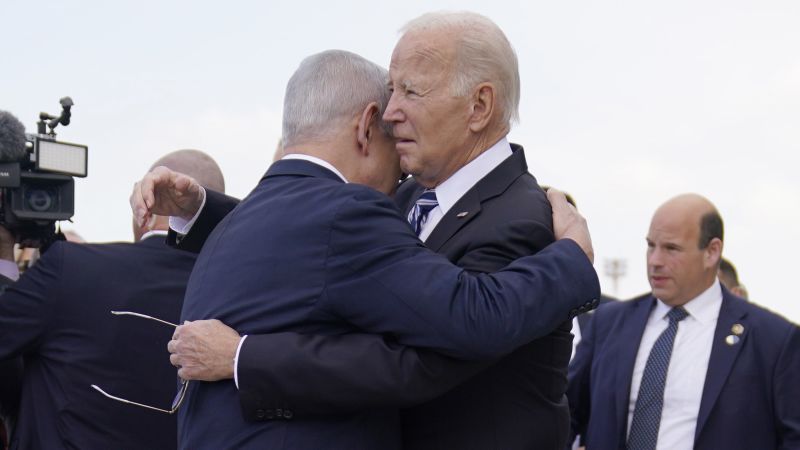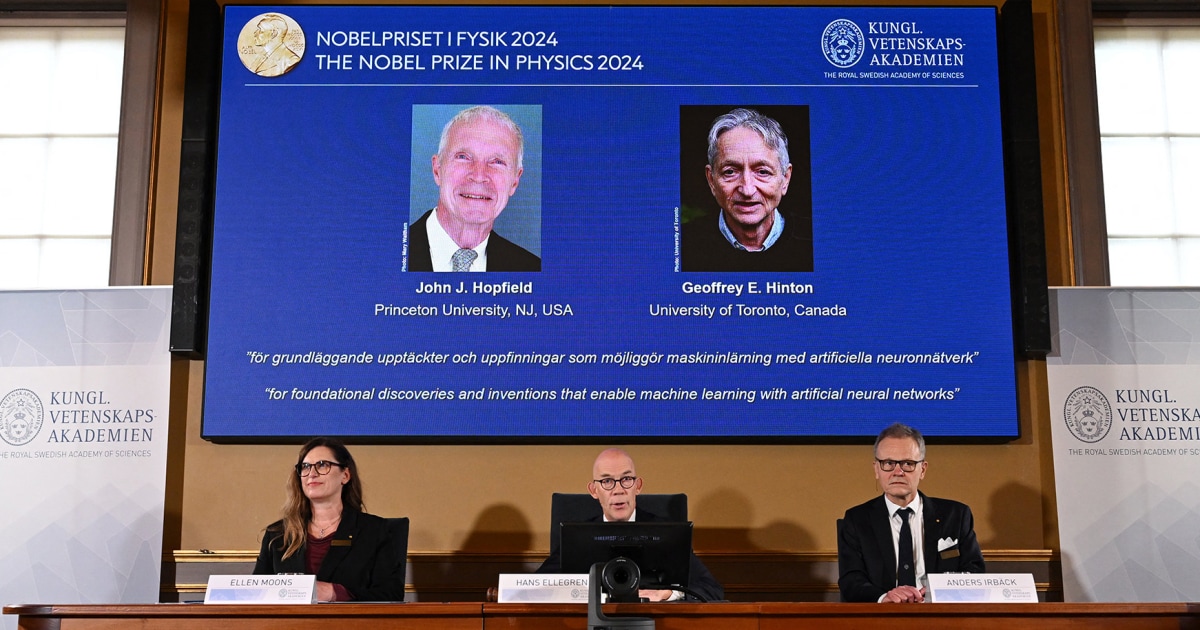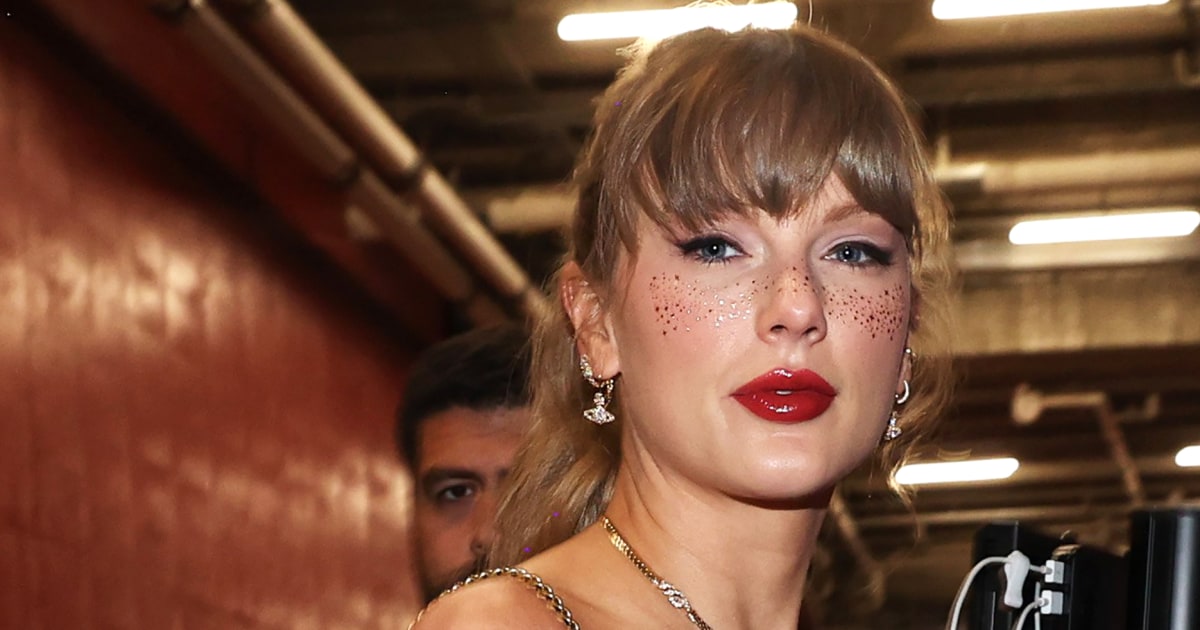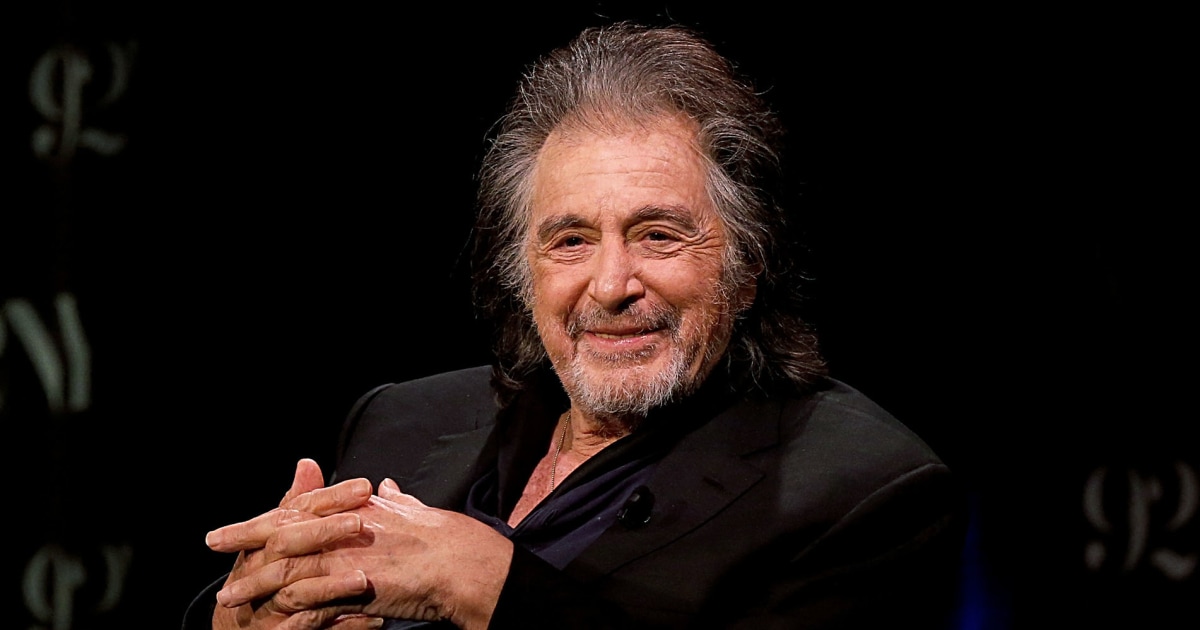Disney has backpedaled on its stance in a wrongful death suit filed by a widower whose wife died after having eaten at a restaurant in Disney World, now saying it will waive arbitration that it argued the man agreed to when he signed up for Disney+.
Disney had argued that the case Jeffrey J. Piccolo filed in February should be dismissed and resolved by individual arbitration because of terms Piccolo agreed to when he signed up for a free trial of the Disney+ streaming service and when he bought park tickets.
Disney said in a statement Tuesday that, given the sensitivity of the case, “we’ve decided to waive our right to arbitration and have the matter proceed in court.”
“At Disney, we strive to put humanity above all other considerations. With such unique circumstances as the ones in this case, we believe this situation warrants a sensitive approach to expedite a resolution for the family who have experienced such a painful loss,” said Josh D’Amaro, chairman of Disney Experiences.
Piccolo’s wife, Dr. Kanokporn Tangsuan, died after she ate food bearing allergens at Raglan Road Irish Pub and Restaurant in Disney World on Oct. 5. The restaurant isn’t owned or operated by Disney; it is a tenant at the Disney Springs area of the amusement park in Orlando, Florida.
The complaint said the family asked several times whether Tangsuan’s allergies could be accommodated and were assured they would be. Tangsuan suffered a severe allergic reaction and died at a hospital, the complaint said.
She died of anaphylaxis, and she had elevated levels of nut and dairy in her system, according to the medical examiner’s autopsy report cited in the complaint. Her death was ruled an accident.
Piccolo sued the restaurant and Disney seeking more than $50,000 in damages under the Florida Wrongful Death Act.
Attorneys for Disney had argued in May that Piccolo agreed to Disney’s “Terms of Use” when he signed up for Disney+ and again when he bought Walt Disney Parks tickets. Under those terms, any dispute between a person and Disney, except for small claims, “is subject to a class action waiver and must be resolved by individual binding arbitration.”
Piccolo’s lawyers said in a response early this month that Disney’s argument for dismissal was “preposterous” and asked the court not to enforce arbitration.
Piccolo’s attorney, Brian Denney, told NBC News in a statement Tuesday that his “client will continue to pursue justice on behalf of his beloved wife at the trial court level. He also hopes these recent events have raised awareness of the millions of people of all ages and walks of life who suffer with food allergies. This awareness can help effectuate positive change to corporate food preparation policies and procedures.”
Denney also criticized Disney’s reliance on arbitration clauses.
“The right to a jury trial as set forth in the seventh amendment is a bedrock of our judicial system and should be protected and preserved. Attempts by corporations like Disney to avoid jury trials should be looked at with skepticism,” Denney said.
Arbitration agreements are quite common in company terms of use agreements across multiple industries.
“Tucking arbitration agreements into click-through agreements is such a common practice that in just the last week, most folks reading this probably signed such agreements without knowing it,” NBC News legal analyst Danny Cevallos said.
Arbitration agreements “almost always favor large corporations, to the detriment of injured plaintiffs who are trying to sue them. That’s why they are so popular with companies,” he said.
Read the full article here


















